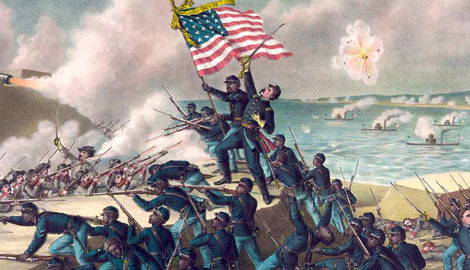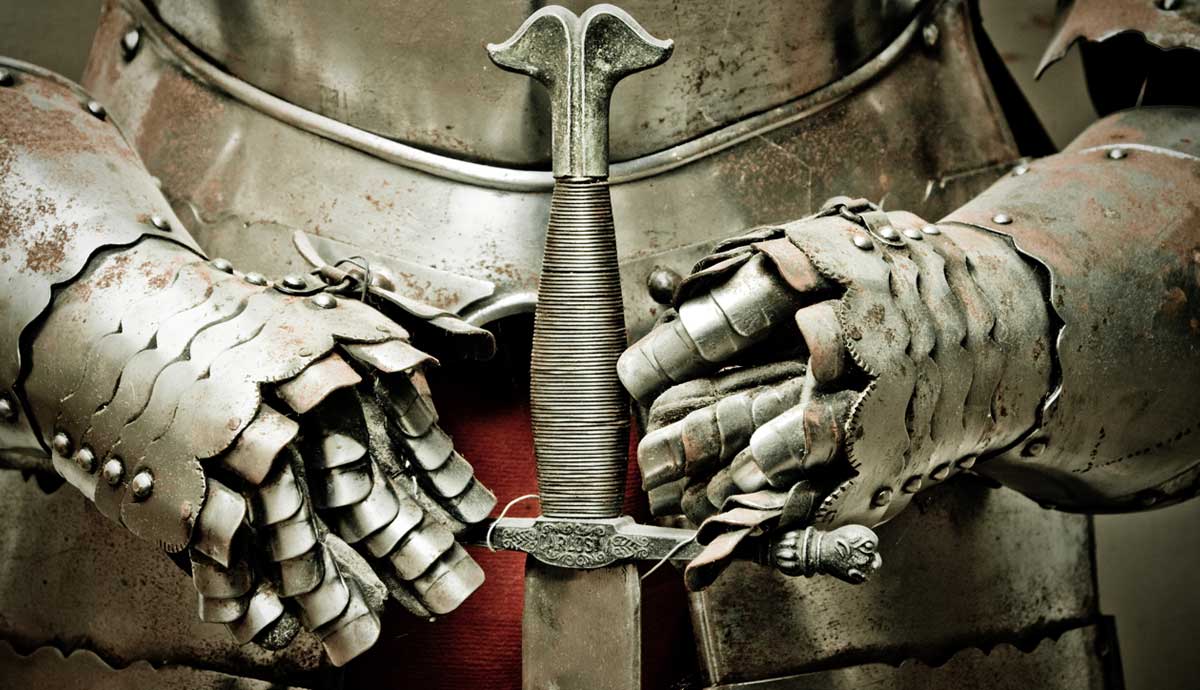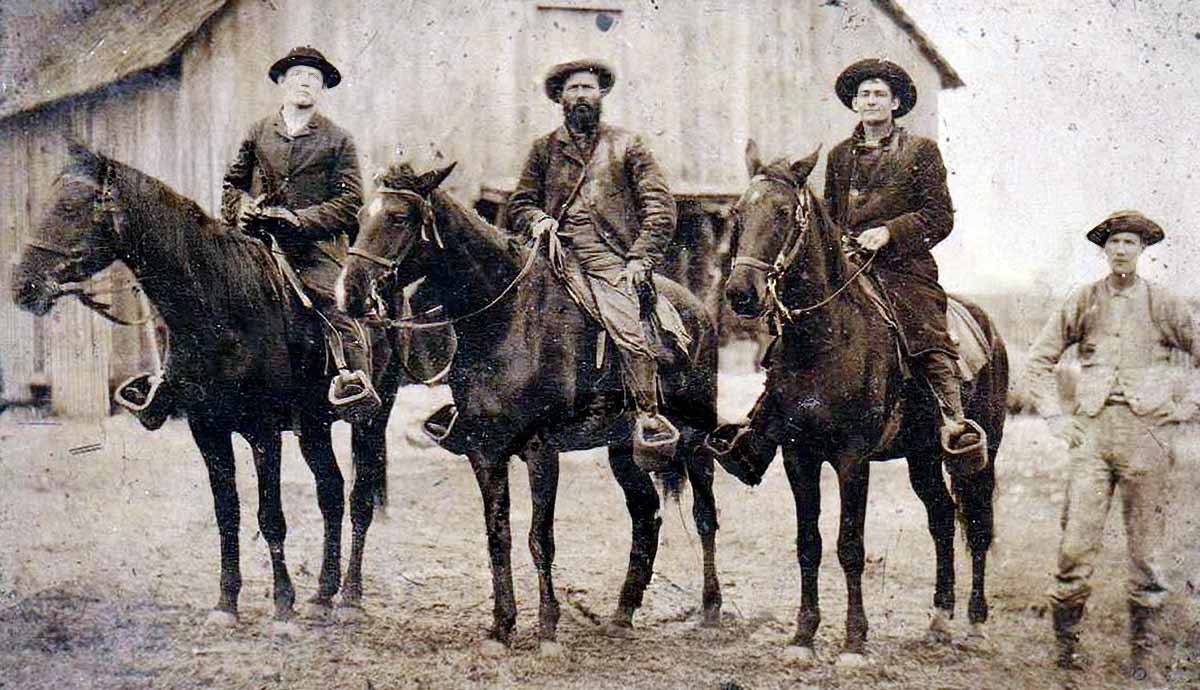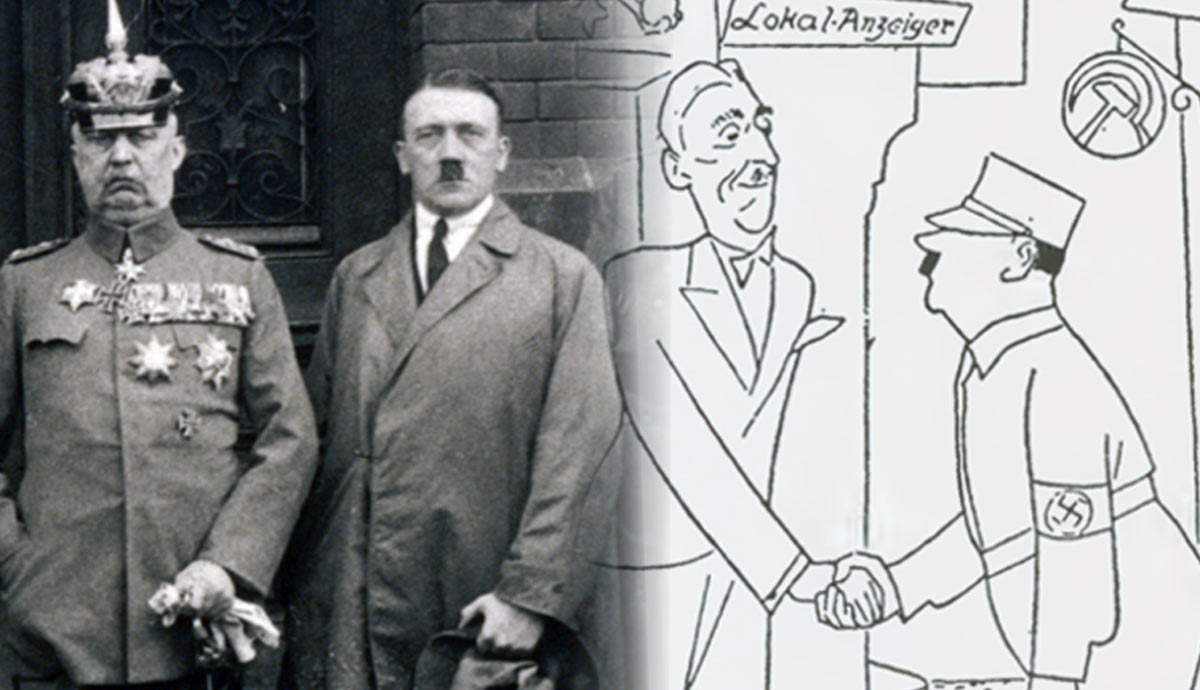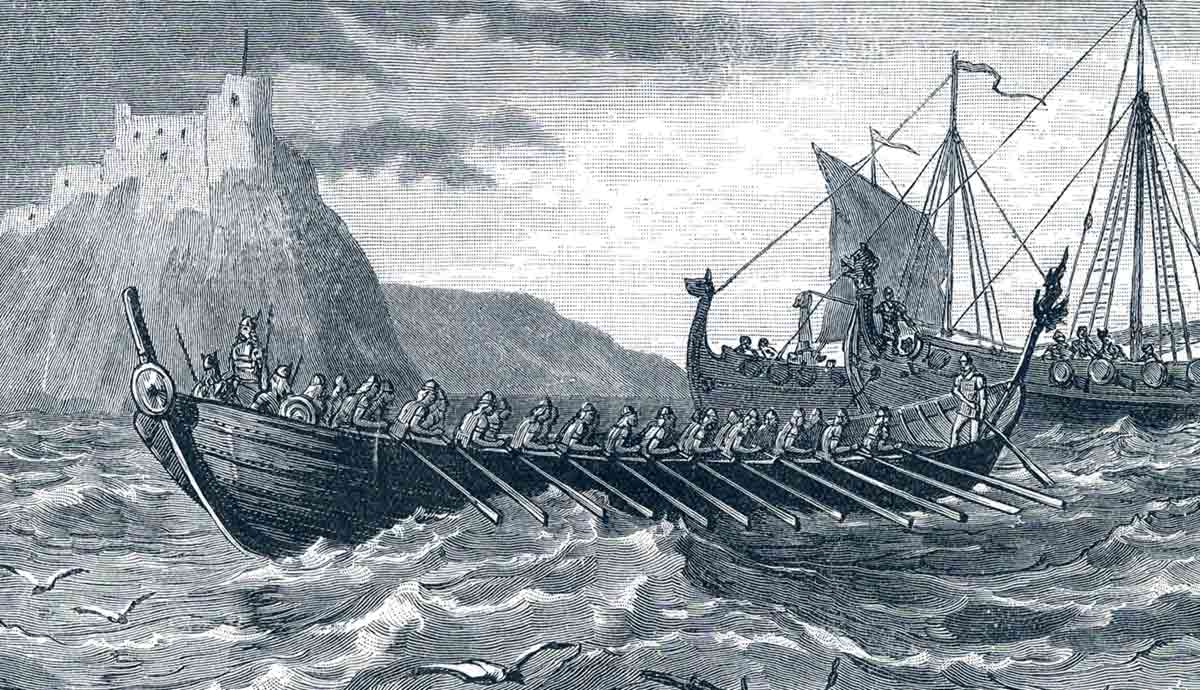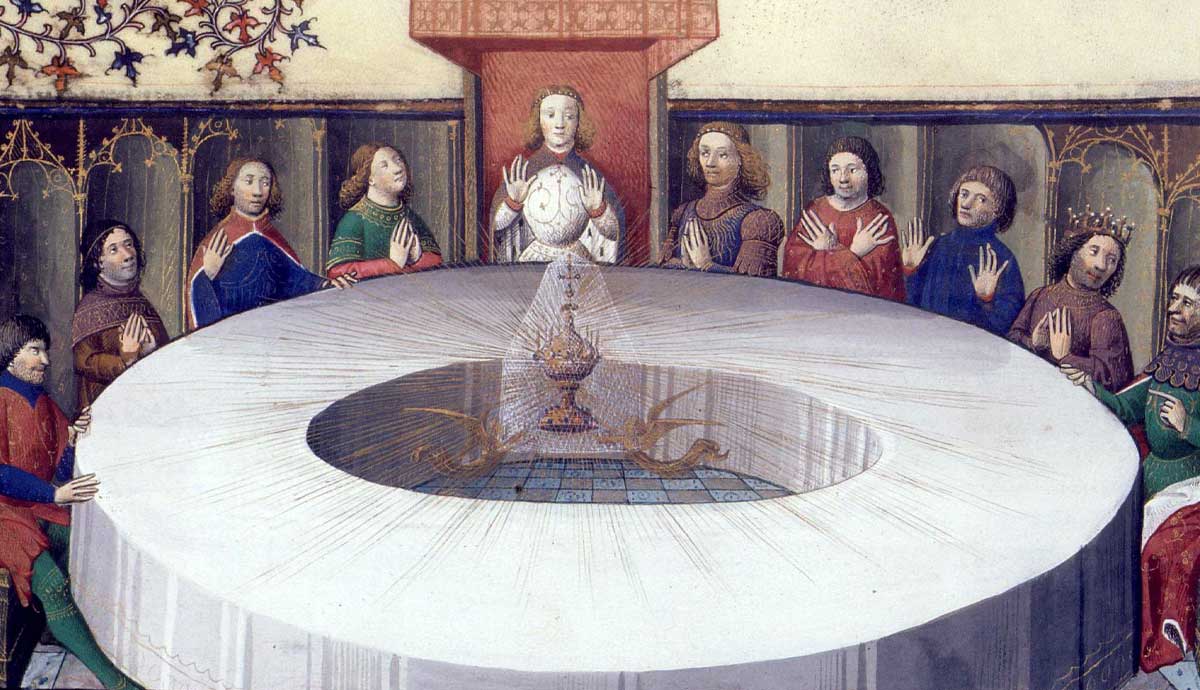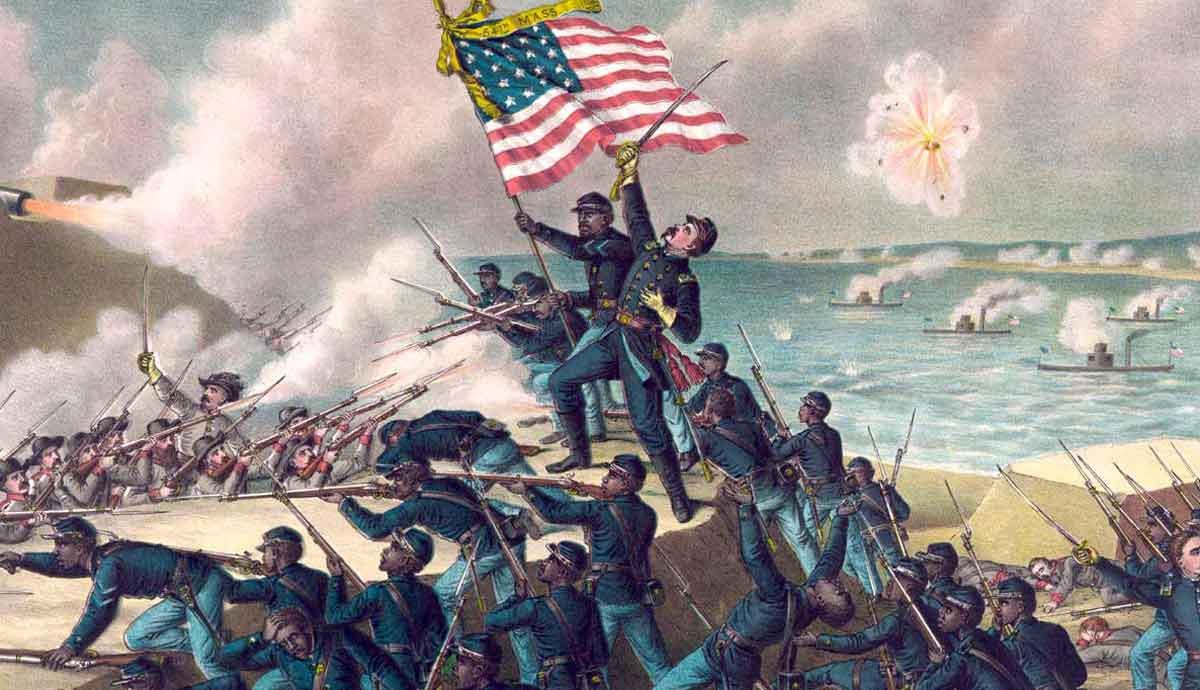
The 1861-1865 American Civil War quickly showed both sides the costs of war. Each year proved a drain as the human toll became apparent. Thus the creation of the 54th Regiment. By 1863, the Union realized it had a manpower pool of free African Americans and ex-slaves. But would these men fight for the Union cause?
Why Were Black Regiments Needed?

War sadly needs one essential resource: manpower. By 1863, the Civil War was two years old, with costly Union losses. With conscription not a thing for several months, the pool of white volunteers had dropped quickly. Letting African Americans enlist would help alleviate the problems. Many blacks wanted to fight despite whites doubting their ability or political fears.
Two moves by the U.S. government kickstarted the process. First, on July 17, 1862, the Militia and Confiscation Act allowed African Americans to work for the federal government. Next came the Emancipation Proclamation. This Presidential January 1, 1863, executive order let African Americans enlist in the Union Army. This paved the way for the creation of the Massachusetts 54th Regiment on March 13, 1863.
Who Pushed for or Against African Americans Serving?

Voices hollered for and against African Americans serving. Prominent abolitionists like Frederick Douglas pressured Lincoln for blacks to serve and get equal treatment. He met multiple times with Lincoln. Many politicians, like New York Mayor Fernando Wood, believed black troops disrupted the social order and would create future problems. People feared border states would flee the Union for the Confederacy. Fortunately, this did not happen; African Americans would prove their bravery to the Union cause.
Who Commanded the 54th Massachusetts Regiment?

The 54th formed outside Boston in February 1863. The Massachusetts governor appointed Harvard-educated native son Robert Gould Shaw as its commander in May. Already a combat veteran, Shaw had been wounded at the Battle of Antietam.
Though initially reluctant, the 25-year-old Shaw’s mother convinced him. Shaw’s family were Abolitionists, believing slavery immoral. To her, the regiment was important, and Shaw’s commanding would prove it. To his fellow Abolitionists, Shaw was the best choice.
Where Did the 54th Massachusetts Regiment Fight?

The Regiment’s first fight happened at the Battle of Grimball’s Landing on July 16, 1863. This diversionary attack occurred to lure Confederate forces away from Charleston, South Carolina, the real objective. The lure worked as the Confederates attacked ferociously. The 54th helped repel the attack, which improved their reputation with white Union soldiers.
The 54th Regiment faced their finest but horrendous hour two days later- the Battle of Fort Wagner. This strong point controlled the strategic port of Charleston’s southern approaches. Capturing the fort would help to block the port, a crucial Southern city. At 7:45 PM, the 54th Regiment led the attack after a heavy bombardment.
The Regiment attacked via a narrow strip right under Fort Wagner’s walls, facing withering fire. All scaling attempts got thrown back. The 54th tried bayonets fighting hand to hand but suffered too many losses. They eventually withdrew and were replaced by other units. Sadly, Colonel Robert Shaw perished in the fighting.
How Did Sergeant William Harvey Carney Win the Medal of Honor?

The fight for Fort Wagner went badly for the 54th Regiment but not for Master Sergeant William Harvey Carney won the Medal of Honor. Born into slavery in 1840, he escaped to Massachusetts. He enlisted in March 1863, joining the 54th. His Medal of Honor came during the battle when the flag bear carrying the American flag was killed. Carney snatched up Old Glory and marched forward. Despite hits to the chest, arm, and leg, Carney planted the flag at the base of Fort Wagner. Congress honored Carney’s heroic effort in 1900 with their highest award.
Where Else Did the 54th Regiment Fight?

The Battle for Fort Wagner wasn’t the only battle for the 54th. The Regiment continued to be deployed. With an established reputation, these experienced African American soldiers fought in the battles of Olustee in Florida, the Battle of Honey Mill, and the Battle of Boykin’s Mill.
Why Is the 54th Massachusetts Regiment Remembered?

These African American soldiers helped break many racial biases. They displayed their bravery and competence to their white comrades, something that always had been doubted. The 1863 Battle of Fort Wagner became the turning point for that doubt, though the 54th lacked a win. Black soldiers got mowed down like the rest, yet they kept fighting.
An overlooked part of the 54th‘s history is African American enlistment. The 54th‘s actions caused 180,000 African Americans to enlist. This huge surge in manpower helped the Union even as conscription began.
